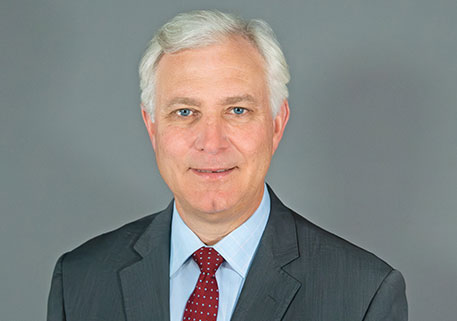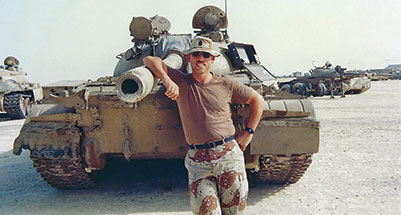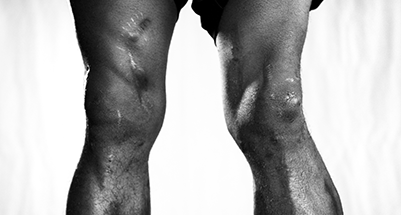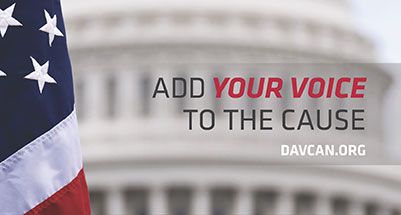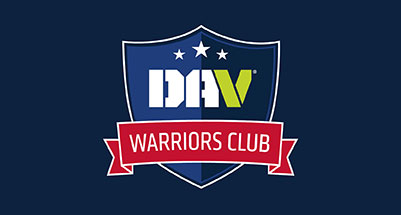Veterans and civilians alike find networking challenging
A 2014 combined study by the University of Toronto, Harvard Business School and Northwestern University found that many people seeking employment or more meaningful employment found business networking extremely challenging.
The study, comprised of 165 employed adults, also revealed that many correlate the term “networking” with words like “brown-nosing,” “exploitative” and “inauthentic.”
Veterans in particular may have a dislike of the concept of networking due to the inherent values of military culture.
“While the military teaches self-reliance and networking can feel counter-intuitive to this, we all need networks,” said author of Your Next Mission: A Personal Branding Guide for the Military-to-Civilian Transition and personal branding expert Lida Citroen.
“For civilians and veterans alike, networking can feel awkward, unnatural and ungenuine,” said Citroen. “I’ve heard many transitioning veterans describe it as a necessity to ‘be fake’ to get something you want from the other person.”
However, networking is a must in the modern world, according to Citroen.
“Who you know is critical to building a post-military career,” said Citroen. “Referrals, references, endorsements and mentoring come when people who know you trust you enough to help you. A strong network will provide this.”
This proved to be the case of Air Force veteran Stan Contrades, who advises his fellow veterans to begin building a network early.
“It can’t be stated strongly enough,” said Contrades, speaking from personal experience. “Start networking now, regardless of when now is. If you are thinking of leaving the service a year from now or already have, the time to start is now. If you have the luxury of time, some writers have said to plan for one or two months of active searching for every $10,000 in salary you want in the civilian market.”
Contrades said that shortly before leaving the military, he ran into a longtime colleague who had a position that would have been a perfect fit for his background and experience; but, the position had been awarded to someone else.
“I should have let him know my plans earlier,” said Contrades.
After leaving the military, Contrades was contacted by a former professional military education classmate regarding a job opportunity that he ultimately pursued.
“The process still took time, but I ended up accepting a position with a private company within commuting distance from home,” said Contrades. “The positive outcome would not have been possible, however, had I not kept in touch with colleagues, ensured they knew my applicable areas of expertise, and, most importantly, made them aware of my post-military goals.”
Citroen recalled the first time she met a disabled veteran with visible injuries and said the confidence the former soldier projected helped bridge the potential communication gap, which can aid veterans in networking situations.
“He was missing both of his hands from an IED explosion,” she said. “When he greeted me, he extended his arm and I shook the stump, as if there was a hand. It was awkward for me, as a civilian, the first time I met a service-connected disabled veteran. But he projected confidence so well, it lessened my feelings of ‘different.’
“When you can project confidence in meeting someone new, you make it less ‘different’ for them,” said Citroen. “Having confidence in networking is key. Whether you wear prosthetics, are in a wheelchair, or have other visible signs of injury, a confident greeting sets a comfortable tone in networking. Look someone in the eye, nod your head in agreement as you converse and ask open ended questions instead of yes or no questions to encourage dialog and build rapport.”
More advice on veterans and networking from Citroen is available at military.com/veteran-jobs/career-advice/job-hunting/3-reasons-veterans-hate-networking.html.
For more information or to learn more about DAVs National Employment Program please visit jobs.dav.org.

